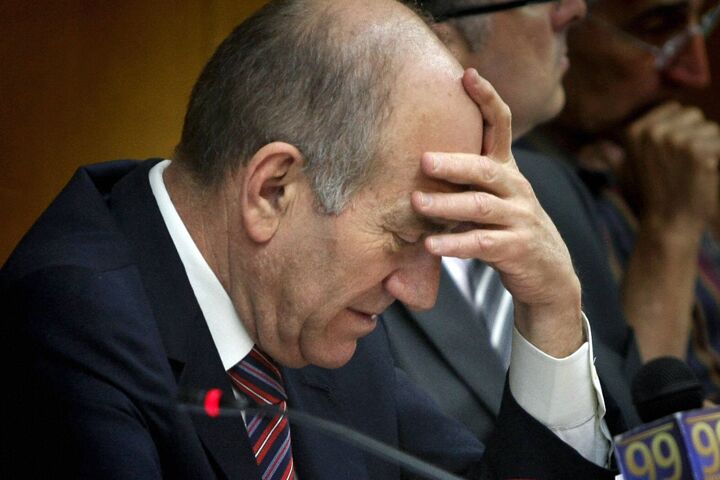
Olmert: Step Down or Face Elections
Israeli Prime Minister Ehud Olmert’s days in office appear to be numbered.
With Olmert being investigated on charges involving bribery and business scandals, Israeli Defense Minister and Labor Party leader Ehud Barak is calling for him to either step down until the crisis is resolved or face general elections. If Barak withdraws his 17 Labor Party MPs from their coalition with Olmert’s Kadima party, the government would lose its parliamentary majority and general elections would have to be scheduled.
“Unless (Olmert’s centrist party) Kadima acts and a new government that we support is formed in parliament we will work to decide on a new agreed early date for elections,” Barak said in Jerusalem on May 28. “I don’t think that the prime minister can simultaneously run the government and take care of his personal affairs.”
Before the end of the day, Olmert had responded to Barak’s remarks. “I have no intention at all of resigning, and I am not going anywhere,” the prime minister said on Wednesday night.
If Barak keeps his pledge to “decide on a new agreed early date for elections” in the light of Olmert’s refusal to step down, the most likely candidates for the office of Israeli prime minster would be Likud party leader Benjamin Netanyahu or Israeli foreign minister and Kadima member Tzipi Livni.
For more information on why the Trumpet is expecting to see a return to a more conservative government in Israel, possibly under the leadership of Benjamin Netanyahu, read our November/December 2007 cover story “Can This Man Save Israel?”
